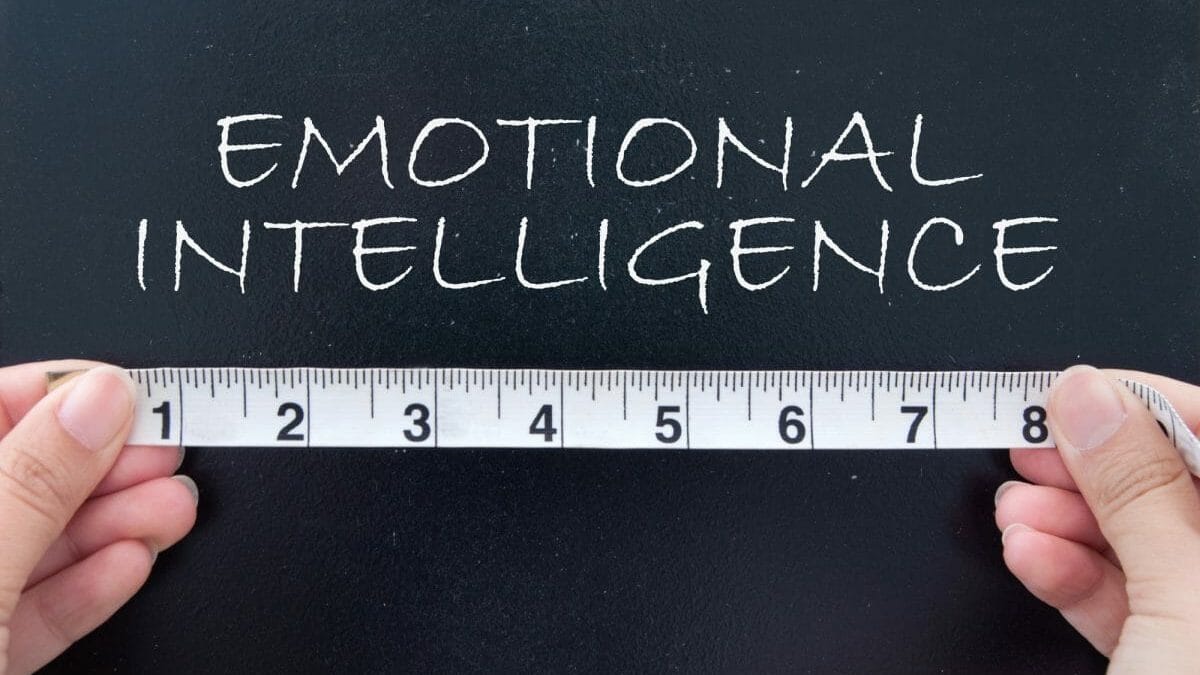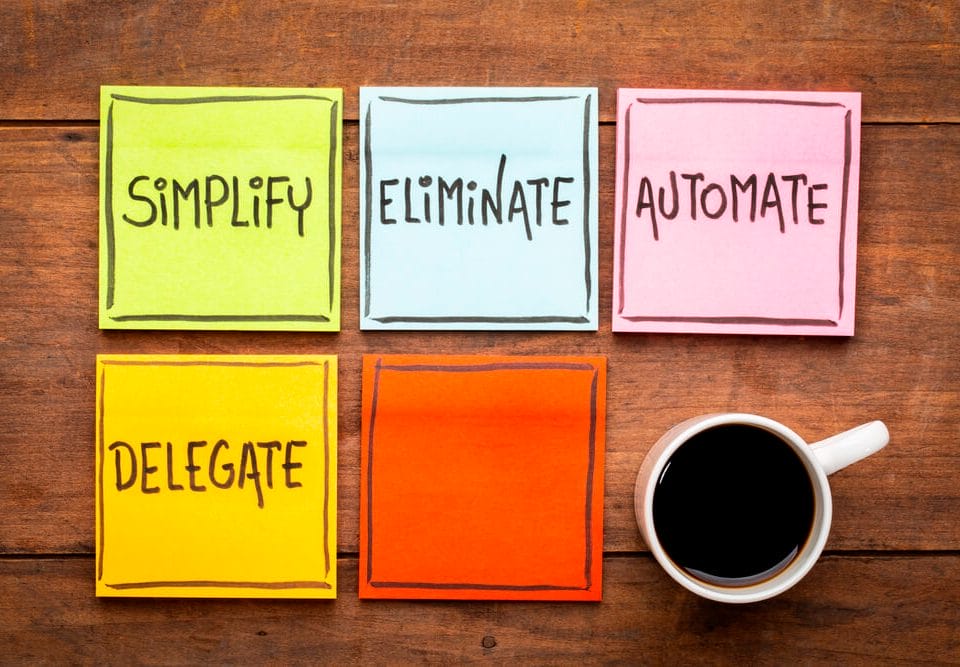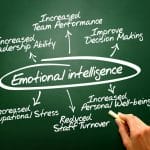
Importance of Emotional Inteligence for Leaders
High emotional inteligence is a critical trait for great leaders
What really matters for success, character, happiness and life long achievements is a definite set of emotional skills – your EQ — not just purely cognitive abilities that are measured by conventional IQ tests
Daniel Goleman, Developer of Emotional Intelligence Theory
Emotional Intelligence (eq)
And Leadership
Today, organizations are looking for leadership that can motivate and inspire employees to go beyond their perceived limits and deliver exceptional results. We may imagine leaders as being intelligent, rational individuals who are able to process vast amounts of information and make rational decisions. However, research shows that humans are not logical creatures; we are emotional as well.
A leader who is emotionally intelligent has the ability to understand his/her own emotions, identify the emotions of others, harness emotions for the good of others while keeping their own emotions in check. They understand what drives people, how people react to different situations, and how they can positively influence others so that they feel motivated and ready to deliver exceptional performance. To succeed in today’s competitive environment where employee loyalty is a must and cost cutting activities are high on the agenda of every organization, it becomes imperative for leaders to have a solid understanding of emotional intelligence. You can improve your emotional intelligence via training and repetition.
What is Emotional Intelligence (eq)?
Emotional intelligence is a set of skills and abilities that help individuals to understand their own emotions (and the ability to monitor one's emotions) and the emotions of others, identify and use relevant emotional information to inform thinking and behavior, and manage one's own emotions in positive ways. Emotional intelligence is also known as "eq" emotional quotient and even "ei". The concept was developed by psychologist Daniel Goleman in 1995 and presented in his book, Emotional Intelligence: Why It Can Matter More Than IQ. Goleman's book argued that EQ was even more important in leaders than IQ. In general, leaders with high EQ can manage emotions with a focus on being better leaders.
- Leaders with high levels of emotional intelligence are able to motivate people, inspire them, make them feel proud of their work, listen to their ideas, and encourage them to think beyond what they believe possible. This drives employee engagement. They understand how people react when faced with change or uncertainty in their lives. These leaders often have the ability to communicate effectively with people from different backgrounds and cultures.
- Emotional Intelligence in Employees Highly skilled leaders who have a high emotional intelligence can create an environment where employees are motivated and find it easy to deliver exceptional performance.
- Emotional Intelligence in Teamwork Teamwork requires cooperation between individuals who share common goals. Leaders with high emotional intelligence will be able to build teamwork by creating an environment that encourages trust among team members as well as respect for each other’s opinions.
- Emotional Intelligence in Business Results Organizations which invest time into developing emotionally intelligent leaders will experience improved business results such as increased profitability, better customer relationships, increased employee retention rates, increased productivity, increased job satisfaction, decreased absenteeism rates and higher quality products or services delivered by less expensive labor costs.
Emotional Intelligence Test:
An emotional intelligence test can help improve emotional competencies. These would include how to improve your ability to manage your emotional state, social skills, and overall improve emotional intelligence.
Importance of Emotional Intelligence in Leadership
Leaders who are emotionally intelligent are better able to motivate and inspire employees. They can manage their emotions based on the situation. Employees function better when they feel understood and valued by their leaders. Without a healthy emotional climate in the workplace, people will begin to disengage from work. Emotional intelligence is not just about being understanding of others; it also means understanding yourself.
Leaders who have high emotional intelligence are more likely to be successful in leadership because they can make decisions more effectively based on their emotions rather than solely relying on rationality. A leader with high emotional intelligence will have a healthy connection with his/her team which leads to motivation, engagement and stronger performance at work. They also have an ability to reach out and understand what motivates each individual member of their team so as to deliver exceptional results for the company.
Benefits of Emotional intelligence in leadership
Leaders with a high understanding of emotional intelligence have the ability to motivate and inspire employees to go beyond their perceived limits and deliver exceptional results. In fact, research shows that people who are emotionally intelligent can increase performance by up to 20 percent. Leaders with this understanding also have greater empathy for others and more patience. They tend to be less competitive, and they make better decisions because they're not prone to making impulsive decisions.
Leaders are more likely to know when it's best to delegate or take on managing roles themselves in order that they can focus on other aspects of leadership. What’s more, leaders with a solid understanding of emotional intelligence find it much easier to connect with others and create strong bonds within teams so that they come together as a unit to deliver exceptional performance.
So, what is emotional intelligence? Simply put, emotional intelligence is your ability to identify emotions in yourself, others, and the environment around you; understand what drives people; act on your understanding for the good of others; understand how people react in different situations; positively influence others so that they feel motivated and ready to deliver exceptional performance.
There are 5 levels of Emotional Intelligence:
We are constantly interacting with others. Whether we are at home, at work or out with friends, our interactions are what make up our lives. It's essential that we are able to effectively communicate with those around us, and that starts with having a strong emotional intelligence.
Emotional intelligence is the ability to be aware and understand your own emotions and the emotions of others. It's about being able to regulate your emotions, respond effectively to emotions in others, and create positive relationships.
1. Self-awareness
2. Self-regulation
3. Motivation
4. Empathy
5. Social skills
Let's take a closer look at each of these levels
1. Self-awareness
Self-awareness is about being aware of your own emotions and how they impact your thoughts, behavior and interactions with others. It's about understanding your strengths and weaknesses, and being able to use that knowledge to regulate your emotions and respond effectively to others.
2. Self-regulation
Self-regulation is the ability to control your emotions and respond to them in a healthy way. It's about being able to manage your stress, deal with difficult situations and control your impulses.
3. Motivation
Motivation is the drive to achieve your goals. It's about having a positive outlook and working towards your goals even when things are tough.
4. Empathy
Empathy is the ability to understand and share the emotions of others. It's about being able to put yourself in someone else's shoes and understand how they are feeling.
5. Social skills
Social skills are the ability to build and maintain positive relationships. It's about being able to communicate effectively, resolve conflicts and build trust.
These are the five key levels of emotional intelligence. By developing a strong emotional intelligence, you will be able to better understand yourself and others, and create positive relationships.
You can improve emotional intelligence through emotional intelligence training and awareness. Also, emotional intelligence quotes can be a catalyst to learning.
Focusing solely on what you can potentially do better than any other organization is the only path to greatness.
Jim Collins:
American researcher, author, speaker and consultant focused
on the subject of business management and company sustainability and growth








